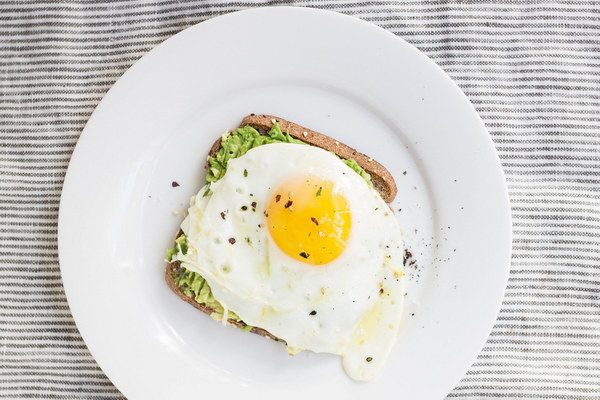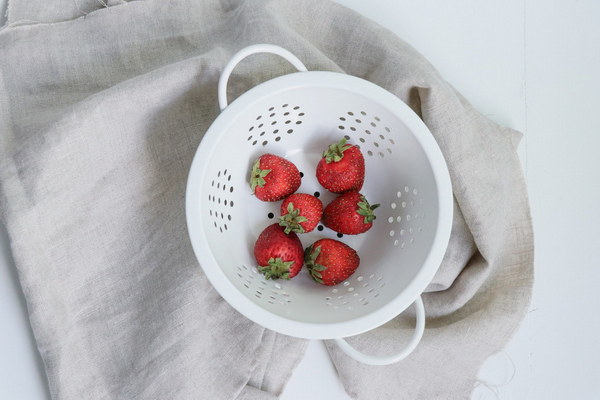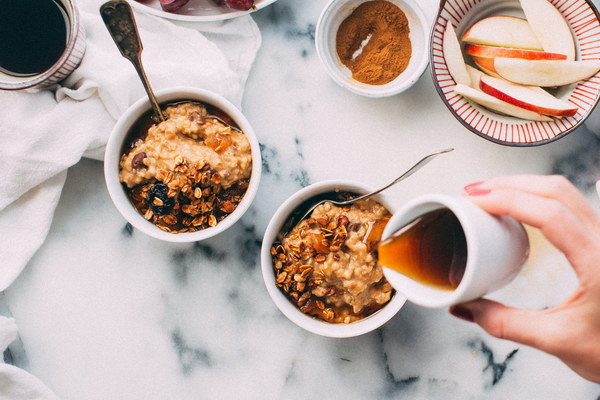Revitalizing Qi and Blood A Guide to Menstrual Health and Energy Restoration
Introduction:
Menstruation, a natural and essential part of a woman's life, is often accompanied by various symptoms such as fatigue, mood swings, and bloating. These symptoms can be attributed to a deficiency in Qi (vital energy) and blood. In traditional Chinese medicine (TCM), menstrual health and energy restoration are vital for overall well-being. This article explores the concept of menstrual Qi and blood deficiency, and provides practical tips to nourish and balance these vital elements.
Understanding Menstrual Qi and Blood Deficiency:
In TCM, Qi and blood are the fundamental substances that sustain life and maintain health. Menstrual Qi and blood deficiency occurs when there is an imbalance or deficiency in these vital elements. This condition can manifest as various menstrual irregularities, such as heavy or light menstrual flow, irregular cycles, and premenstrual syndrome (PMS) symptoms.
Signs and Symptoms of Menstrual Qi and Blood Deficiency:
- Fatigue and weakness
- Dizziness or lightheadedness
- Pale or pale lips and nails
- Irregular menstrual cycles
- Heavy or light menstrual flow
- Premenstrual mood swings and irritability
- Cold hands and feet
- Poor appetite and digestion
Practical Tips for Nourishing Qi and Blood During Menstruation:
1. Diet:
A well-balanced diet rich in essential nutrients can help replenish Qi and blood. Incorporate the following foods into your diet:
- Iron-rich foods such as red meat, poultry, fish, beans, lentils, and green leafy vegetables
- Vitamin C-rich foods such as oranges, strawberries, bell peppers, and kiwi to enhance iron absorption
- Vitamin B12-rich foods such as eggs, dairy products, and fortified cereals to support red blood cell production
- Folic acid-rich foods such as leafy greens, legumes, and fortified grains to promote healthy blood formation
2. Acupuncture:
Acupuncture, a key component of TCM, can help balance Qi and blood during menstruation. It works by stimulating specific points on the body to improve circulation and enhance energy flow. Consult a licensed acupuncturist to determine the best treatment plan for your specific needs.
3. Herbs:

Herbal remedies can be used to nourish Qi and blood and alleviate menstrual symptoms. Common herbs include:
- Dong Quai (Angelica sinensis): Known as a female ginseng, Dong Quai is used to tonify blood and relieve menstrual cramps.
- Chuan Xiong (Ligusticum chuanxiong): This herb helps to move Qi and alleviate pain associated with menstrual cramps.
- Peony (Paeonia lactiflora): Peony is used to tonify blood and relieve pain during menstruation.
4. Exercise:
Regular exercise can boost energy levels and improve circulation. Engage in gentle activities such as yoga, tai chi, or walking to promote overall well-being.
5. Stress Management:
Stress can exacerbate menstrual symptoms and contribute to Qi and blood deficiency. Practice stress-reducing techniques such as meditation, deep breathing exercises, or spending time in nature to maintain a balanced emotional state.
Conclusion:
Menstrual Qi and blood deficiency is a common condition that can significantly impact a woman's quality of life. By implementing these practical tips, you can nourish and balance your Qi and blood, leading to improved menstrual health and overall well-being. Remember to consult with a healthcare professional or TCM practitioner to tailor these suggestions to your specific needs.









